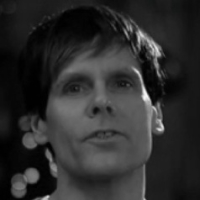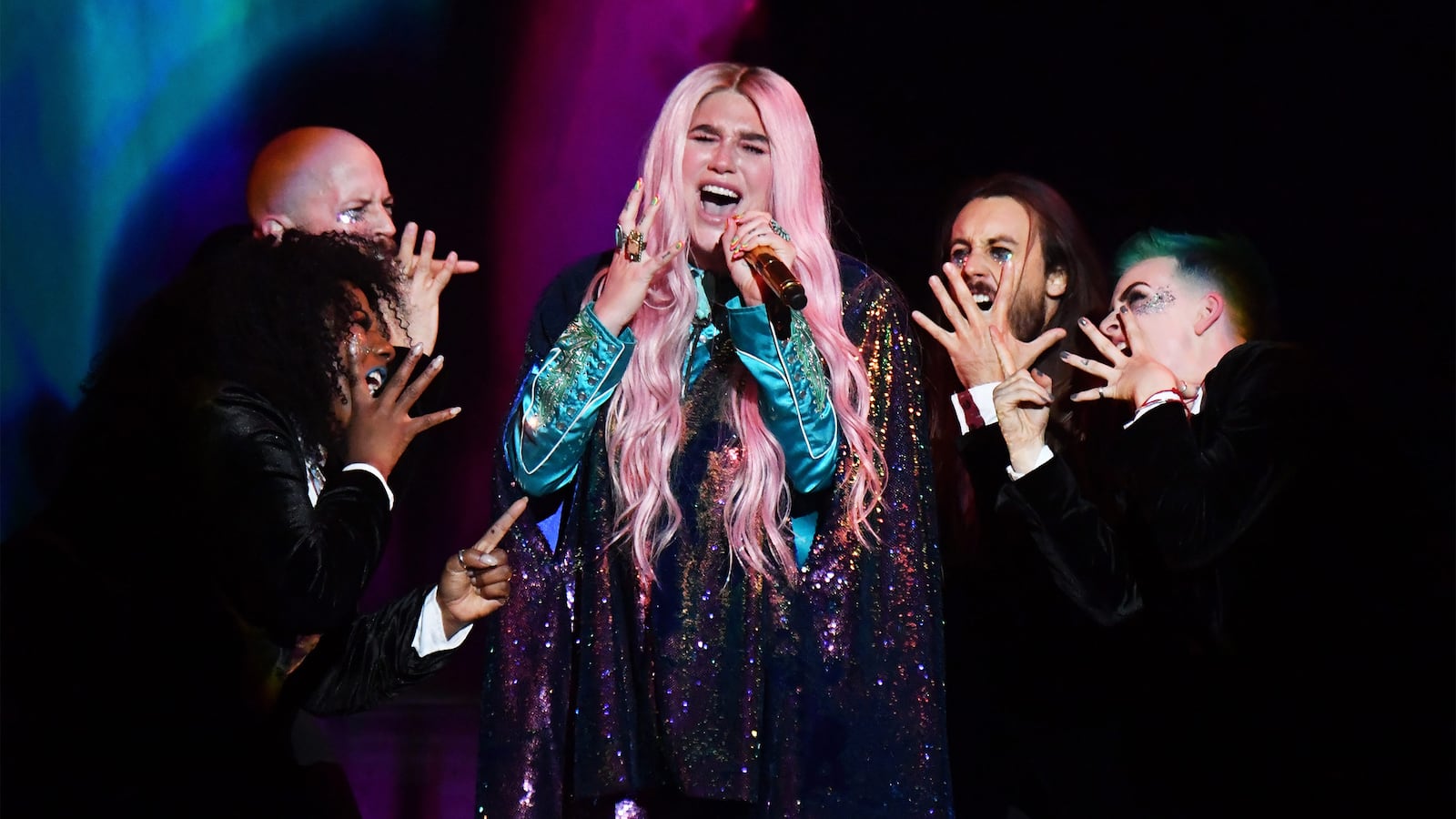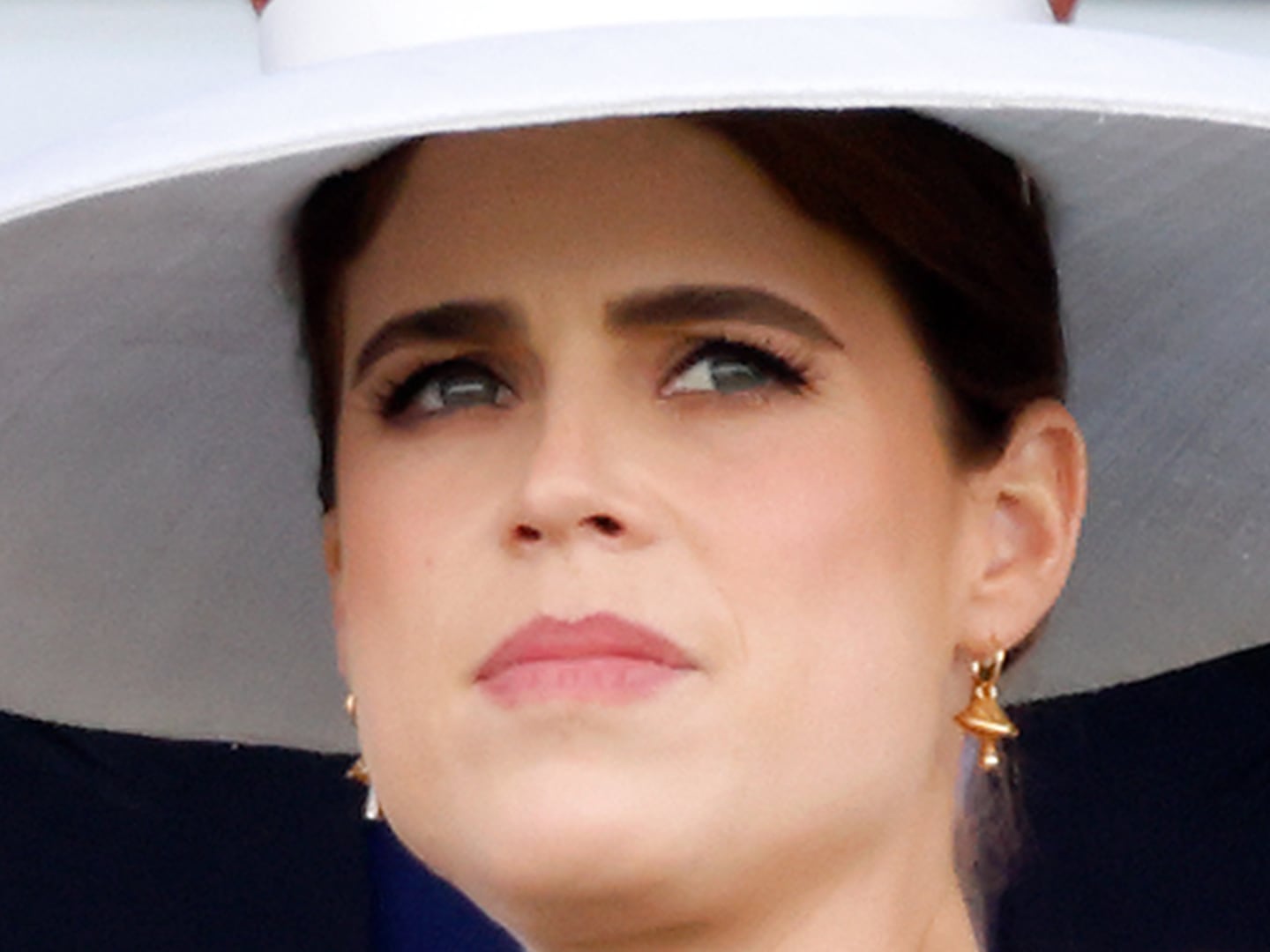Now that the Golden Globes are behind us, with Seth Meyers’ savage opening, Oprah’s soaring oratory, and Natalie Portman’s biting ad-lib to remember, we’re less than a week away from a different kind of award show that will, in its own way, reckon with The Reckoning: The Grammy Awards, which for its 60th edition will return to New York for the first time in 15 years.
Unlike the boozy, breezy ballroom that hosts the Globes or the august, quiet confidence of the Oscars, the Grammys like to crow about their own importance—“Music’s Biggest Night” and all. And around the turn of the millennium, the show decided that bigger is better (size, self-aggrandizement, it’s rather Trump-like, honestly), and moved permanently from theaters to arenas. It de-emphasized the handing out of awards—only a dozen or so of the 84 trophies are handed out in the main, televised show—and prioritized live performances. There were 19 musical numbers in last year’s show, and there will be at least that many this year.
All that music and visual production leaves ample opportunity, for artists who are so inclined, to weave social and political content into their time on stage—provided it passes the vetting of The Recording Academy, CBS, and the show’s veteran producer, Ken Ehrlich.
Ehrlich is in his 38th year with the show and he’s overseen a lot of musical numbers, good, bad, and weird. First and foremost, he told The Daily Beast, the Grammys stand for “artistic freedom.”
“I can’t think of a time when we’ve ever censored an artist from going on stage and expressing themselves artistically,” he says. “Which, by the way, sometimes means socially, and sometimes means politically.”
In recent years, Ehrlich says, there’s been an absolute uptick in the number of performers wanting to infuse topical content into their time on stage—hardly surprising considering the politically fraught era we’re in. Ehrlich sees echoes of his first musical love, ’60s protest music, happening today. “I would say in the last eight or 10 years, artists have returned [to it],” he offers. “It’s happening again in the hip-hop community to a very great extent and it’s even bubbled over into pop music in general.”
Sometimes the messaging at the Grammys is artful and memorable—Kendrick Lamar in chains for a powerful Black Lives Matter-inspired “The Blacker the Berry” in 2016, and Beyoncé’s earth mother take on Lemonade’s “Love Drought” and “Sandcastles” last year. Ehrlich cites one memorable 2014 performance as an example of when the Grammys were unafraid to “advocate” on a hot-button issue.
“When we allowed Macklemore and Ryan Lewis to play [“Same Love”], while performing 27, 28 marriages of all genders on the show, that certainly was an expression of that,” he says. But that mass-nuptials moment, officiated by Queen Latifah and featuring a curious cameo from Madonna, divided viewers—many found it inspiring, while detractors knocked it as an over-the-top stunt.
Katy Perry served up two recent message-laden Grammy performances: a moving, understated performance of “By the Grace of God” in tribute to victims of domestic violence in 2015, and last year’s woke-with-a-sledgehammer “Chained to the Rhythm.” Between a projection of the U.S. Constitution, an Elizabeth Warren-referencing “PERSIST” armband, and Perry’s final, shouted proclamation, “No hate!” it wasn’t subtle, and prompted much “Yeah, we get it” sentiment on Twitter and beyond.
Ehrlich doesn’t have much time for such sniping. “I don’t know. Maybe I’m not cynical enough,” he explains. “But I like to embrace what they’re doing and to feel it. That’s what I love about the young acts now. I think it’s genuine, even if people think it goes over the line sometime.”
Which brings us to #MeToo. How will “Music’s Biggest Night” address America’s biggest conversation of the past four months? Of the 17 performances announced, the only one that Ehrlich would say will explicitly address the issue in her performance is Kesha. “She’ll be doing ‘Praying,’” he says. “And without any editorial judgment, we all know what that song is about, and what it speaks to.” It was of course Kesha’s 2014 lawsuit against Lukasz Gottwald, aka Dr. Luke, alleging sexual and physical abuse (charges consistently denied by the producer), that caused many in music to at least momentarily confront the issue nearly three years before the Harvey Weinstein stories broke.
While Ehrlich won’t reveal details of Kesha’s performance, a choir is surely imaginable: “Praying,” from the Grammy-nominated album Rainbow, is a call for healing and redemption with the sort of spiritual overtones that are right up the Grammys’ strasse. “Whether these past few months had happened or not,” Ehrlich explains, “we felt it was important to give her a platform to do a song that had struck a very responsive chord with a broad general audience, and particularly a female audience. So we were actually thinking about doing this before the dam broke. I think it’s going to wind up being an important piece of the show.”
There may well be other artists referencing the reckoning, Ehrlich says, either in their performances or in speeches—that is likely considering that Lady Gaga, P!nk, Cardi B, and SZA, all fierce and outspoken, are among those performing, with more names to be added in the coming days.
The producer notes that as much as song lyrics and presenters’ remarks have to pass the CBS Standards and Practices smell test, “that has more to do with language,” and insists the Grammys are not about censoring points of view. Last year, Paris Jackson and Laverne Cox each used their moment in the Grammy spotlight to speak about, respectively, the Dakota Access Pipeline protests and transgender teen Gavin Grimm. “As you know, with our crowd,” Ehrlich says, “they tend to go off-script.”
As for the Time’s Up movement, so visible at the Golden Globes, Ehrlich wouldn’t comment on whether they would have a presence at the Grammys, and a spokesman for the group told The Daily Beast that they had “nothing to report at present.”
#MeToo is operating at the Grammys on a slightly different terrain than at the Globes or the Oscars. While the outing of alleged sexual abusers and harassers has been culture-wide, the music world has so far seen far fewer high-profile incidents of it in recent months than film, media, and politics have. Of course, that’s not because it’s not happening.
The mistreatment of women is abundant—even legendary!—in music. There are C-suite dwellers, guitar techs, sound engineers, managers, A&R men, and of course, artists about whom “talk” of piggish and predatory behavior has long swirled, the same way it had around Harvey Weinstein and Kevin Spacey before their accusers went public. At some point a Foot Locker’s worth of shoes will drop.
There have been notable exceptions: Industry titan Russell Simmons and top country music publicist Kirt Webster are two of the biggest names to have been accused. Indie rock has been particularly proactive about house cleaning: Ethan Kath of Crystal Castles, Matt Mondanile of Real Estate and Ducktails, and Ben Hopkins of queer punk duo PWR BTTM all met swift repercussions when sexual misconduct allegations against them came to light.
And even classical conductors James Levine and Charles Dutoit faced suspension and/or termination in the face of misconduct charges. But these are all figures tangential to the A-list pop world that is the Grammys’ bread and butter. No star big enough to force a banner-headline moment or spur a domino effect in music has yet been accused. And even if it happened, in certain areas of music, it’s questionable whether there would be serious consequences.
R. Kelly—the subject of an extensively reported exposé in BuzzFeed last summer charging that he maintained an abusive “cult” of young women—has won three Grammy Awards, and in the years since his notorious sex tape allegations surfaced, been nominated for 13 more. That’s nearly one a year.
Since brutally attacking his then-girlfriend Rihanna on the eve of the 2009 Grammys, Chris Brown has been nominated 11 times and won once. His career, in terms of his own releases and features on other artists’ recordings, sails along. Hip-hop is even more permissive of physical and sexual abuse, especially the fan bases of post-millennial rappers XXXTentacion, Kodak Black, and Tekashi 69—all of whom spent 2017 facing charges of crimes against women, and all of whom have flourished on the charts.
A reckoning will happen, but it will be long, difficult, and at times seem to operate on multiple, contradictory, even hypocritical tracks. And, says the Grammys’ Ehrlich, just because #MeToo hasn’t had its moment as visibly in music—yet—doesn’t mean it should be less important to this award show. “Why this hasn’t bubbled up in music with same kind of notoriety as it has in the film world, and the television world, I can’t tell you,” he says. “But I think it transcends any one art form, and that’s why I think that in one way or another, it will be the subject of some commentary on our show.”
The Grammys love the golden oldies. They love surprises. And they’re going to have more than a quorum of feminist performers at Madison Square Garden on Jan. 28th needed to create a memorable collaborative moment. Who’s to say they won’t dust off that wheezy ’70s anthem “I Am Woman” for one more spin? Gaga, SZA, P!nk, Kesha, Cardi—joined by the now-76-year-old Helen Reddy? Just because it is eye-rolling, capital-O obvious, and just because it might make you cringe, doesn’t mean it won’t happen. Remember, it’s the Grammys.






